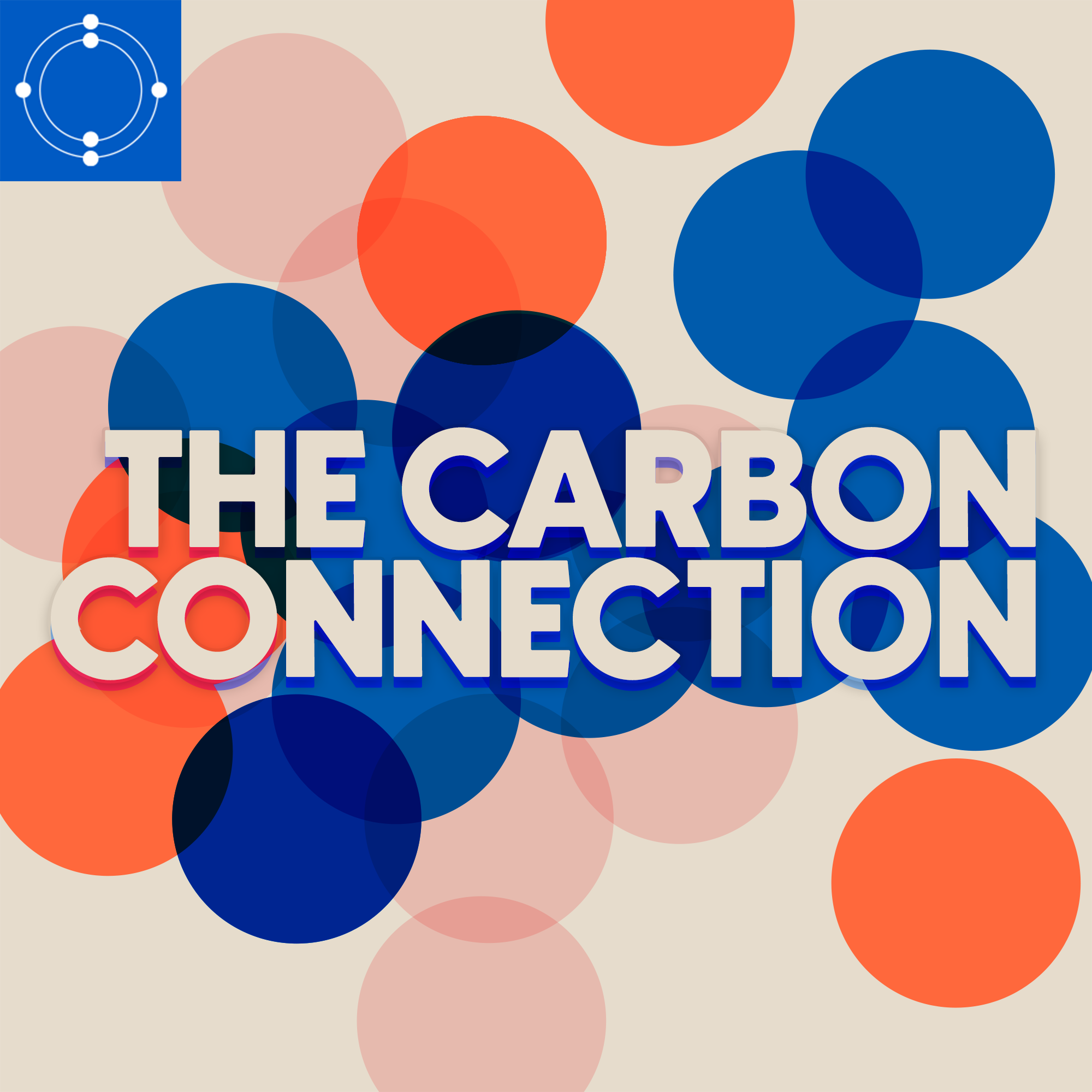Episode 34
Climate One - Risky Business: Underinsured Against Climate Disaster
SUMMARY
In this episode of The Carbon Connection, we learn about insurance and its role in recovering after a climate disaster. Host Greg Dalton speaks with guests with deep knowledge about how US emergency services and the insurance industry work. They discuss how FEMA (the Federal Emergency Management Agency) distributes aid and offer insight into the needs-based aid system in the United States. They also consider big questions such as:
- What might disaster aid look like if those impacted received a flat amount?
- Why does climate disruption make it more difficult to be insured?
- What role should insurance play in aiding recovery?
LINKS
Connect-the-Dots, an interactive resource by The Carbon Almanac Network linking issues to actions.
CONTRIBUTORS
Special Acknowledgment: Greg Dalton, Climate One
Production Team: Dr. Lynda Ulrich
Senior Producer: Tania Marien
Supervising Producer: Jennifer Myers Chua
Music: Cool Carbon Instrumental, Paul Russell, Musicbed
Episode Art: Jennifer Myers Chua
Network Voiceover: Olabanji Stephen


